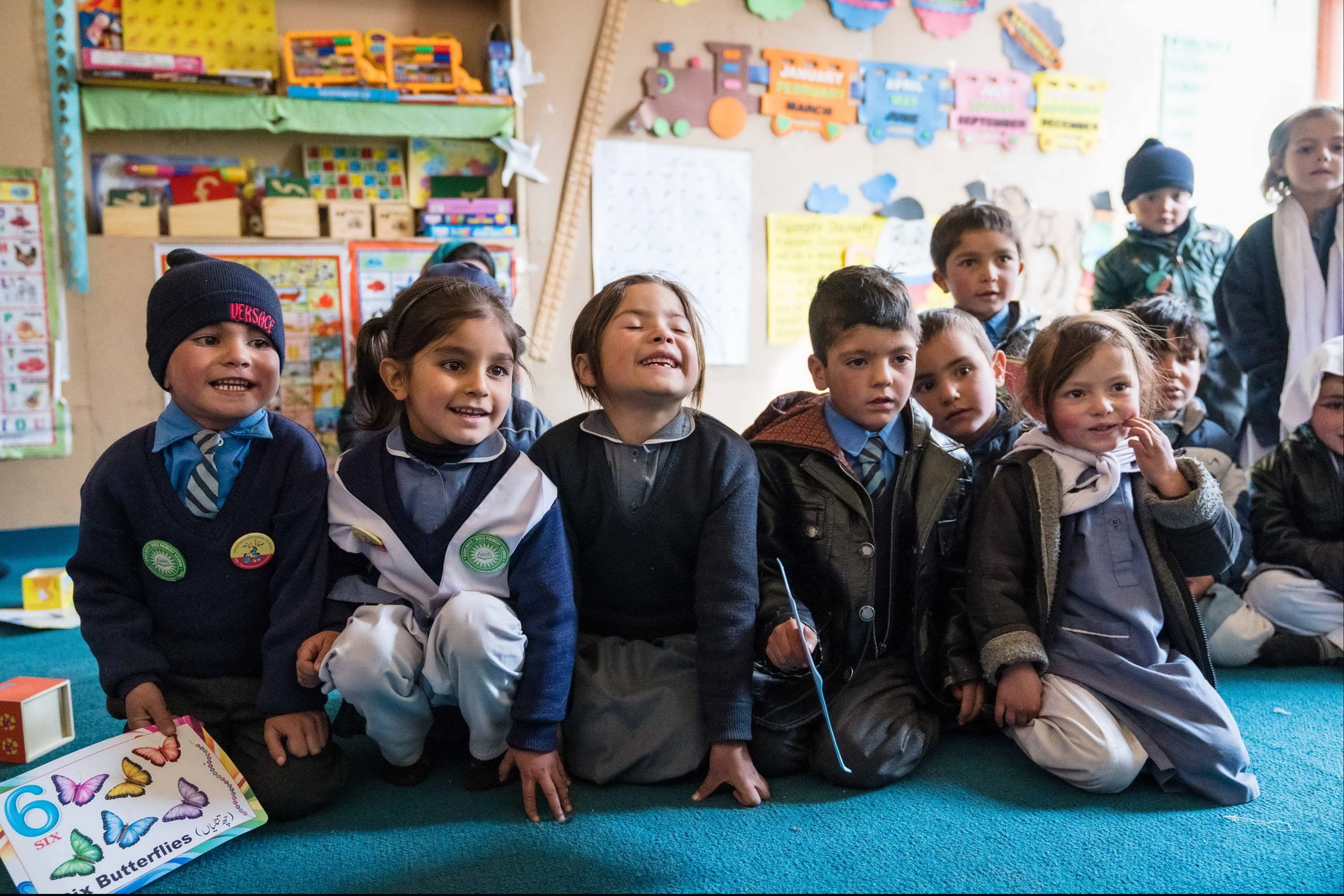iPIPS - International Performance Indicators in Primary Schools

The aim of the project is to improve the education of children starting school across the world. (www.ipips.org) Policy level reports have been published for England, Scotland and South Africa with another expected shortly for Brazil, whilst in Russia, South Africa and Lesotho we are assessing children at the start of school and one year later showing what they know and can do, and their progress made in the first year of school.
iPIPS builds upon the success of the PIPS Baseline Assessment which has which has, over 20 years, assessed more than three million students produced 50 scientific papers. It also resulted in the 4* Impact Case Study (ICS) submitted for REF2014. The underpinning research comes from a series of papers including:
- Tymms, P., Merrell, C., & Wildy, H. (2015). The progress of pupils in their first school year across classes and educational systems. British Educational Research Journal, 41(3), 365-380.
- Merrell, C. and P. Tymms (2007). "What children know and can do when they start school and how this varies between countries." Journal of Early Childhood Research 5(2): 115-134.
- Tymms, P. and C. Merrell (2006). "The impact of screening and advice on inattentive, hyperactive and impulsive children." European Journal of Special Needs Education 21(3): 321-337
- Tymms, P., Merrell, C. & Jones, P. (2004) Using baseline assessment data to make international comparisons. British Educational Research Journal, 30, 673-689.
- Tymms, P.B., Merrell, C., & Henderson, B. (1997). The First Year at School: A quantitative investigation of the attainment and progress of pupils. Educational Research and Evaluation Vol 3 No 2 pp 101-118.
Quality of the above articles: We do not have access to the ratings from the previous REF and so cannot comment but the journals are well respected and the papers all have been cited, up to more than 100 times. According to Google Scholar on 16/10/16 they were cited 3, 19, 22, 29 and 110 times respectively. See Document B section 3
iPIPS is firmly based on these publications. The sound assessment and the variation in pupils starting points within and across countries lies at the heart of this impact-oriented project. The papers provide empirical evidence of the reliability, validity and universality of the assessment. They also present vision of what is possible and what is needed. The iPIPS project is one of the School of Education’s fits within the School of Education’s strategy to inform policy and practice and ultimately to make a positive difference in learning and teaching. The iPIPS project will contribute to and further strengthen the School’s international reputation as world-leading in educational assessment.
Actions and plans of action from policy makers
- In England the project generated an idea in Westminster which resulted in a policy change re baseline assessment. Policy adoption; see email from the Tim Leunig, chief educational adviser at the DfE
- The OECD’s monitoring projects have been influenced by the iPIPS project: see letter from Andreas Schleicher; Director of Education and Skills at the OECD and follow up messages from Wolfgang Schneider former president of the Germany Psychological society and Isak Fromin Head of the Fcaulty at the HSE in Moscow.
- Use of iPIPS widely in Russia and South Africa: See two sets of files of records of responses from Teachers, Principals and Policy makers
- Additional feedback is expected from Brazil where a large scale longitudinal project is running and from Lesotho where a modest project is starting which is designed to influence teachers’ practice



/prod01/prodbucket01/media/durham-university/departments-/education/Books-Banner.jpg)